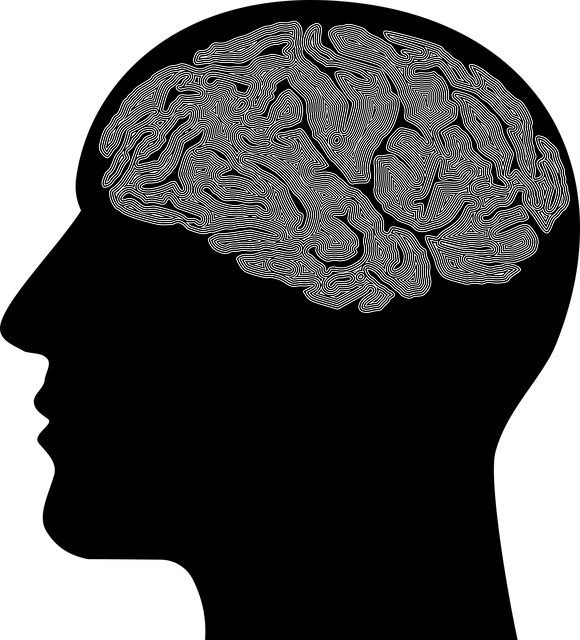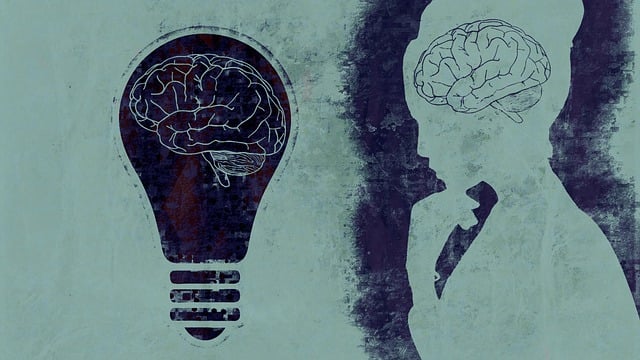Crisis Intervention Teams (CITS) play a vital role in supporting elderly populations during crises, offering tailored assistance through multi-disciplinary professionals including EMDR-certified therapists. By integrating evidence-based therapies like EMDR, social skills training, and trauma support services, these teams address unique elder needs, improving immediate outcomes and fostering community empowerment. EMDR certification enhances care by enabling professionals to process repressed traumatic memories, empowering elders to regain control over their well-being and reduce PTSD symptoms. Effective CIT training equips healthcare workers with necessary skills, leading to improved patient outcomes through empathetic and efficient crisis management.
In today’s complex healthcare landscape, effective crisis intervention teams (CITs) play a pivotal role in supporting elderly populations during acute mental health crises. This article explores the transformative power of specialized training programs, with a focus on Eye Movement Desensitization and Reprocessing (EMDR) certification. We delve into the key components of comprehensive CIT training, effective strategies for therapy using EMDR techniques tailored to elders, and inspiring case studies demonstrating the profound impact of EMDR-certified teams.
- Understanding Crisis Intervention Teams: Their Role and Impact on Elderly Populations
- The Importance of EMDR Certification in Crisis Team Training
- Components of Effective Crisis Intervention Team Training Programs
- Strategies for Providing Therapy to Elders in Crisis Using EMDR Techniques
- Case Studies: Success Stories from EMDR-Certified Crisis Intervention Teams
Understanding Crisis Intervention Teams: Their Role and Impact on Elderly Populations

Crisis Intervention Teams (CITS) play a pivotal role in supporting elderly populations during crises, ensuring their well-being and safety. These specialized teams are designed to provide immediate assistance and stabilization when individuals face severe emotional or psychological distress. With an aging population, the need for effective interventions has become increasingly critical. CITS often consist of multi-disciplinary professionals, including therapists with EMDR certification, social workers, and caregivers, who collaborate to offer tailored support.
By implementing these team-based approaches, communities can enhance their ability to meet the unique needs of older adults. The role of therapy for elders, particularly incorporating evidence-based methods like EMDR, is essential in addressing trauma and developing inner strength. Social skills training and trauma support services within CITS enable individuals to navigate challenging situations with resilience. This integrated care approach not only improves immediate outcomes but also fosters a sense of community and empowerment among the elderly population.
The Importance of EMDR Certification in Crisis Team Training

In the realm of crisis intervention team training, EMDR (Eye Movement Desensitization and Reprocessing) certification stands out as a game-changer for effectively supporting elders experiencing trauma. This specialized therapy has proven its worth in enhancing mood management and promoting self-awareness exercises among this vulnerable population. By integrating EMDR into crisis team protocols, professionals can offer more comprehensive trauma support services tailored to the unique needs of seniors.
EMDR certification equips team members with advanced skills to address complex emotional challenges prevalent in elder care settings. It enables practitioners to facilitate profound healing by helping elders process and resolve repressed traumatic memories, thereby reducing symptoms associated with post-traumatic stress disorder (PTSD). Through this innovative approach, crisis teams can empower seniors to regain a sense of control and enhance their overall well-being.
Components of Effective Crisis Intervention Team Training Programs

Effective crisis intervention team (CIT) training programs are multifaceted and comprehensive, aiming to prepare healthcare professionals for a wide range of critical situations. These programs should include components such as evidence-based therapies, including EMDR (Eye Movement Desensitization and Reprocessing), tailored for elders’ unique needs. Certified EMDR therapists bring a valuable skill set to CIT teams, enabling them to address trauma responses effectively.
Beyond therapeutic techniques, cultural sensitivity in mental healthcare practice is an integral part of successful CIT training. Enhancing emotional intelligence and mood management skills among team members fosters a supportive environment where individuals can navigate complex situations with empathy and composure. These elements combined ensure that crisis intervention teams are well-equipped to handle diverse crises sensitively and efficiently, ultimately improving patient outcomes.
Strategies for Providing Therapy to Elders in Crisis Using EMDR Techniques

Crisis intervention team members play a vital role in providing support to elders facing emotional distress. When it comes to assisting older adults, EMDR (Eye Movement Desensitization and Reprocessing) techniques have proven effective in therapy sessions. This approach allows individuals to process traumatic memories or stressful events by facilitating eye movements while recalling the crisis. By combining these techniques with tailored strategies, therapists can offer valuable support to elders.
EMDR-certified professionals can adapt their methods to cater to the unique needs of seniors. This may include focusing on building confidence and improving self-esteem, as older adults often face challenges related to aging and societal perceptions. Through EMDR, therapists help clients reprocess negative associations, fostering mental wellness and a sense of resilience. By integrating these techniques into crisis intervention programs, communities can ensure that elders receive the specialized care they deserve during times of crisis.
Case Studies: Success Stories from EMDR-Certified Crisis Intervention Teams

In today’s digital era, crisis intervention team training programs have evolved to include innovative approaches like Eye Movement Desensitization and Reprocessing (EMDR) therapy for elders. EMDR-certified crisis teams are making waves with their success stories, showcasing how this technique can significantly enhance the well-being of seniors facing traumatic events or psychological distress. By integrating mindfulness meditation and positive thinking into their practices, these teams create a holistic environment that not only addresses immediate crises but also fosters long-term resilience.
These EMDR-certified crisis intervention teams have demonstrated their effectiveness through various case studies, highlighting successful outcomes in managing stress among elders. Through structured workshops and organized sessions, the team members equip themselves with cutting-edge strategies for stress management. By combining evidence-based practices with a compassionate approach, these organizations are revolutionizing care for seniors, offering them effective therapy tailored to their unique needs.
Crisis intervention team training programs, emphasizing EMDR certification and tailored to address the unique needs of elderly populations, are vital tools in enhancing mental health support. By incorporating evidence-based techniques like EMDR, these programs equip teams with the skills to provide effective therapy for elders in crisis. The case studies presented highlight successful interventions, demonstrating the profound impact these trained teams can have on improving elder care and well-being. Investing in comprehensive training ensures that crisis intervention teams are equipped to navigate complex situations, offering hope and healing to those facing mental health crises in later life.










